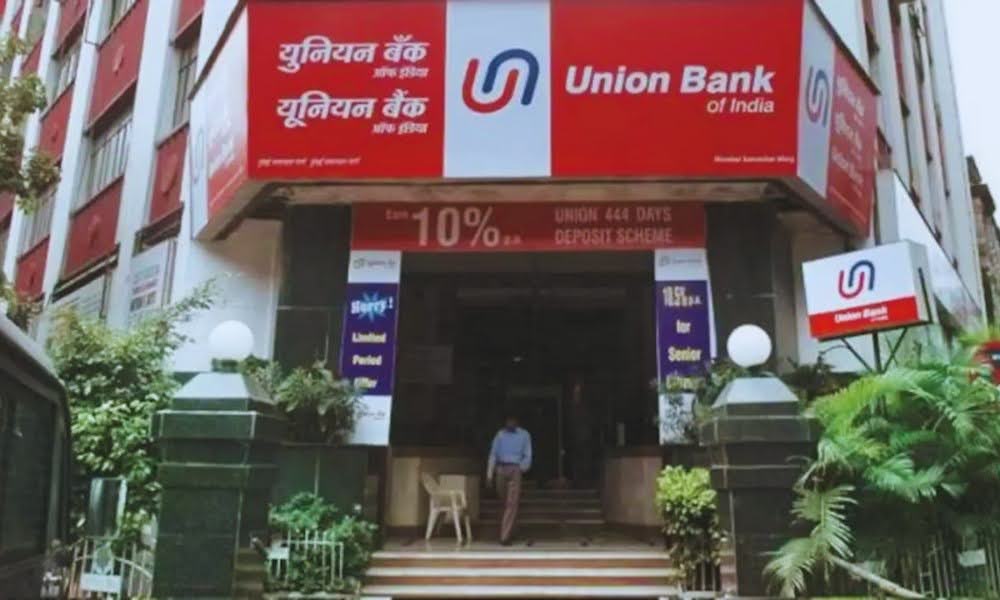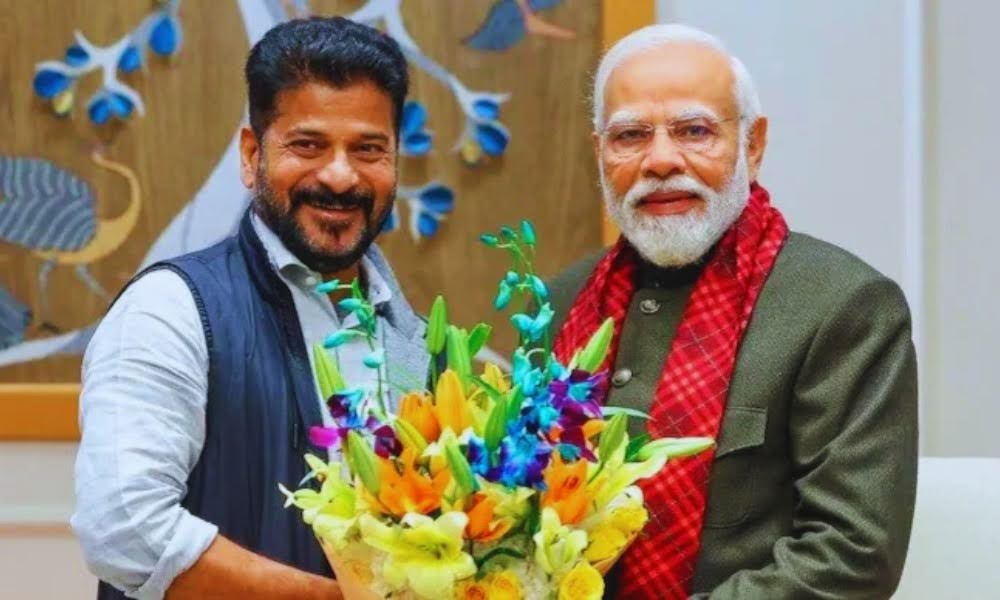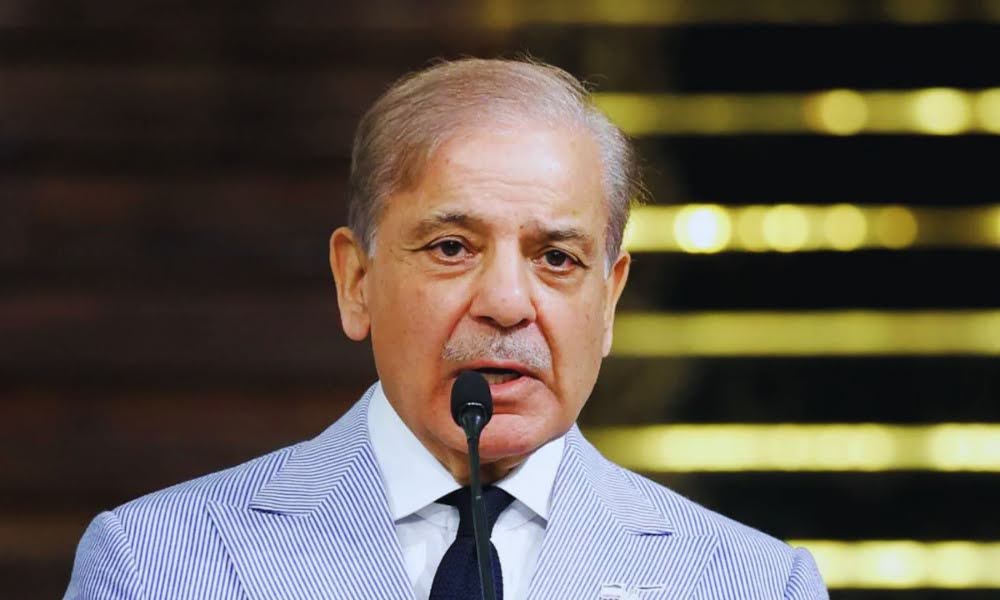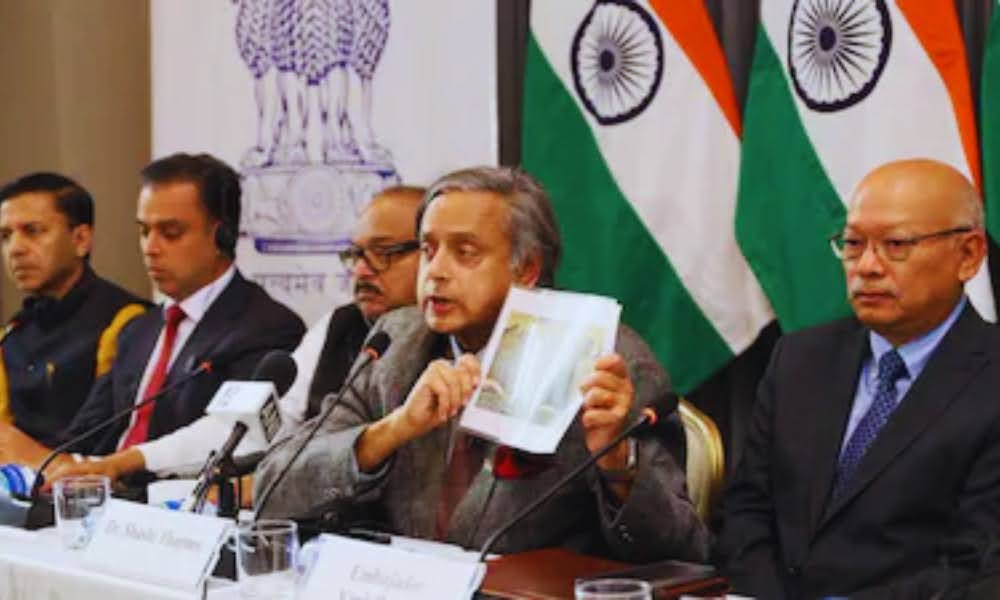BJP Leader Shehzad Poonawalla Apologises for Controversial Remark on AAP MLA’s Surname
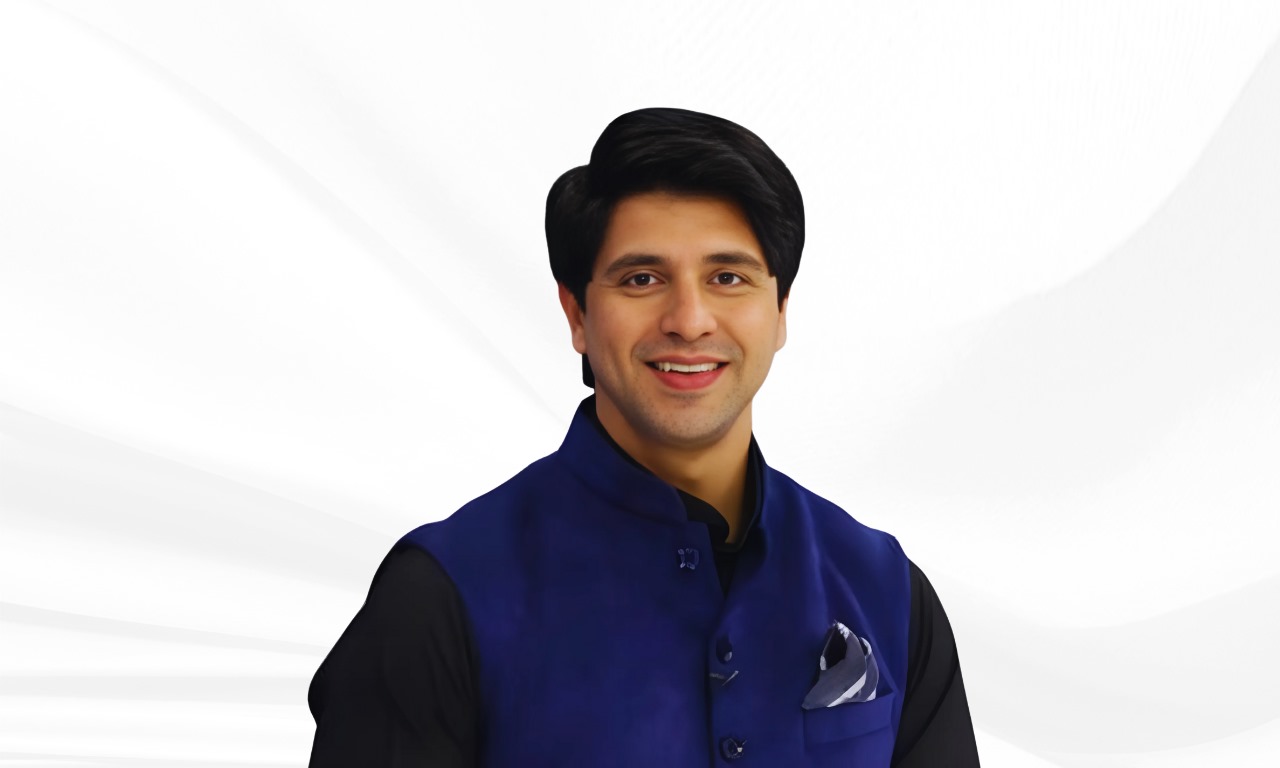
BJP national spokesperson Shehzad Poonawalla on Friday issued a public apology for his controversial remarks referencing AAP MLA Rituraj Jha’s surname during a heated television debate.
His party moved swiftly to address the issue as criticism poured in from political allies and rivals alike.
Public Apology to Purvanchali Community
In a video message posted on X (formerly Twitter), Poonawalla said, “I tender an apology with folded hands to all my Purvanchali brothers and sisters. My words have hurt them. I do not want to offer any justification.”
Expressing deep respect for the people of Uttar Pradesh and Bihar, he further added, “All the people of UP and Bihar are very respected by me, and I apologise once again.”
The video message, accompanied by text in Hindi, read:
Main sabhi poorvanchali bhai behenon se pure dil se maafi maangta hoon ki mere shabdon se unhe dukh hua peeda hui. Isme koi justification nahi dena chahta hoon. UP Bihar ke sabhi log mere bahut sammanit hai aur main phir se maafi mangta hoon.
The apology came just days after the controversial exchange during a live debate where Poonawalla played on Jha’s surname, drawing backlash for what many termed as an “abusive” remark.
The incident was further amplified when Jha had earlier mocked Poonawalla’s surname.
Calls for Accountability from Allies and Rivals
The controversy took a political turn when BJP ally Janata Dal (United) demanded action against Poonawalla.
JD(U) spokesperson Rajiv Ranjan stated, “Politicians should be completely sensitive while speaking on issues related to caste, religion, and community. Shehzad Poonawalla has made a mistake. His statement has deeply angered the people of Poorvanchal. We demand action against him.”
Adding to the pressure, BJP MP Manoj Tiwari, a prominent leader among Purvanchali voters, condemned Poonawalla’s remarks.
In a video statement, Tiwari urged Poonawalla to apologise unconditionally, emphasizing the importance of maintaining decorum regardless of provocations.
He also highlighted the significance of respecting caste and regional sentiments, especially in light of Delhi’s Purvanchali electorate.
AAP Criticises BJP Over Remarks
The Aam Aadmi Party (AAP) seized the opportunity to criticise the BJP, calling Poonawalla’s remarks an insult to the Purvanchali community and the Maithili Brahmins.
Taking to social media, the AAP accused the BJP spokesperson of using offensive language against Jha on national television, calling it “an affront to the entire Purvanchali community.”
Poonawalla, however, denied the allegations of abuse, accusing the AAP of spreading “lies” and engaging in character assassination.
He even threatened to undertake a hunger strike, demanding that the AAP provide evidence of his alleged abusive remarks.
Electoral Significance of Purvanchali Voters
The term Purvanchal commonly refers to the eastern regions of Uttar Pradesh and Bihar. With a significant population in Delhi, Purvanchali voters hold considerable electoral influence, especially ahead of the assembly polls scheduled for February 5.
The contest is primarily seen as a straight fight between the BJP and the AAP, with the Congress striving to reclaim its position in the capital after losing ground in 2013.
Both BJP and its allies are acutely aware of the potential backlash this controversy could have among Purvanchali voters.
JD(U)’s warnings and Tiwari’s prompt condemnation underline the importance of damage control in the lead-up to the elections.
Rare Retraction by BJP Leader
In a rare move, Poonawalla’s apology marks an attempt by the BJP to resolve the issue and prevent it from escalating further.
Political analysts note that such retractions are uncommon for BJP leaders, indicating the high stakes involved.
While Poonawalla’s apology may help quell immediate outrage, the incident has highlighted the sensitive nature of political discourse in an election year.
With Purvanchali voters forming a significant demographic in Delhi, all political parties will likely tread cautiously in addressing caste and regional issues in the future.



